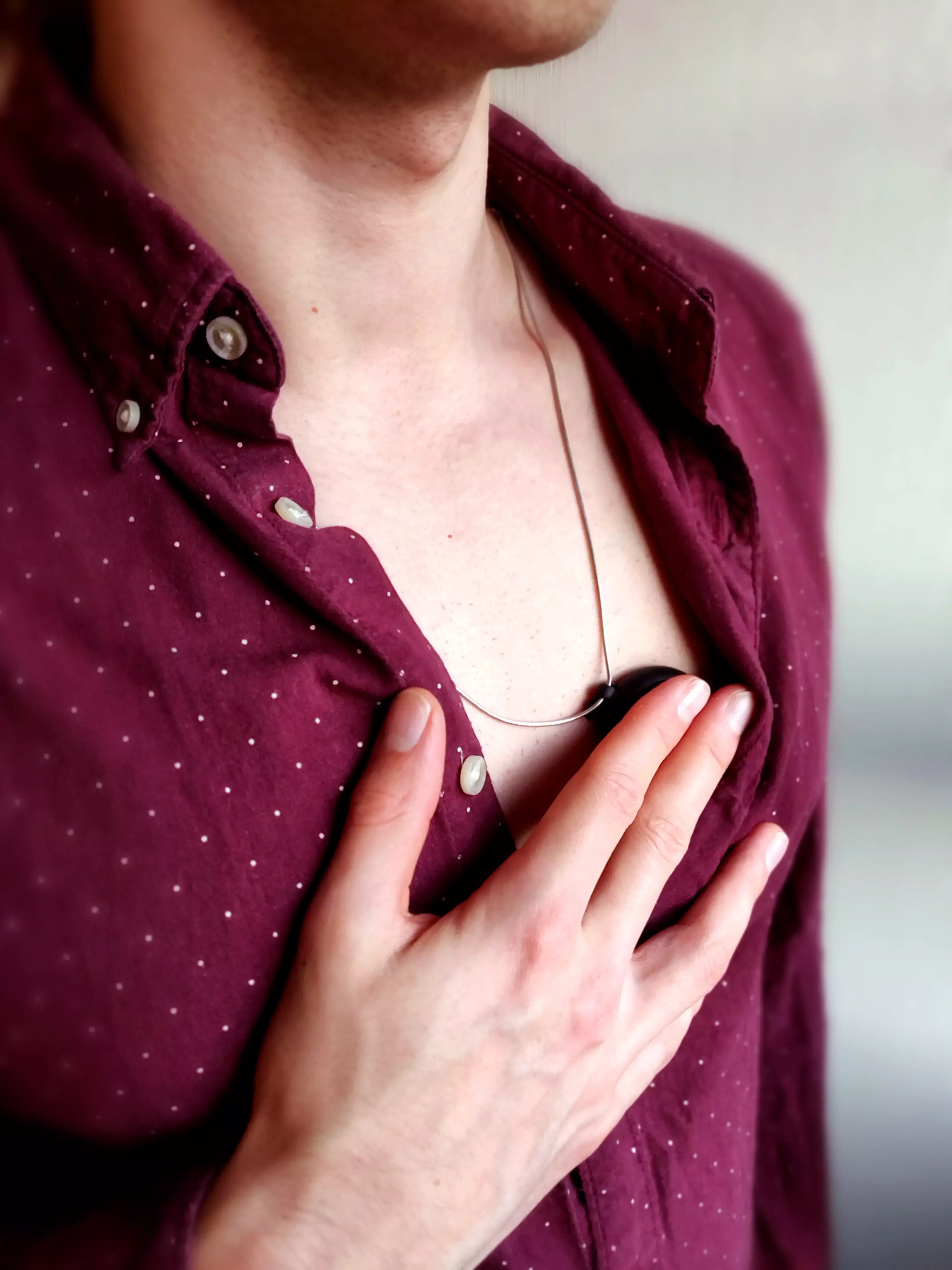- Home
- Medical news & Guidelines
- Anesthesiology
- Cardiology and CTVS
- Critical Care
- Dentistry
- Dermatology
- Diabetes and Endocrinology
- ENT
- Gastroenterology
- Medicine
- Nephrology
- Neurology
- Obstretics-Gynaecology
- Oncology
- Ophthalmology
- Orthopaedics
- Pediatrics-Neonatology
- Psychiatry
- Pulmonology
- Radiology
- Surgery
- Urology
- Laboratory Medicine
- Diet
- Nursing
- Paramedical
- Physiotherapy
- Health news
- Fact Check
- Bone Health Fact Check
- Brain Health Fact Check
- Cancer Related Fact Check
- Child Care Fact Check
- Dental and oral health fact check
- Diabetes and metabolic health fact check
- Diet and Nutrition Fact Check
- Eye and ENT Care Fact Check
- Fitness fact check
- Gut health fact check
- Heart health fact check
- Kidney health fact check
- Medical education fact check
- Men's health fact check
- Respiratory fact check
- Skin and hair care fact check
- Vaccine and Immunization fact check
- Women's health fact check
- AYUSH
- State News
- Andaman and Nicobar Islands
- Andhra Pradesh
- Arunachal Pradesh
- Assam
- Bihar
- Chandigarh
- Chattisgarh
- Dadra and Nagar Haveli
- Daman and Diu
- Delhi
- Goa
- Gujarat
- Haryana
- Himachal Pradesh
- Jammu & Kashmir
- Jharkhand
- Karnataka
- Kerala
- Ladakh
- Lakshadweep
- Madhya Pradesh
- Maharashtra
- Manipur
- Meghalaya
- Mizoram
- Nagaland
- Odisha
- Puducherry
- Punjab
- Rajasthan
- Sikkim
- Tamil Nadu
- Telangana
- Tripura
- Uttar Pradesh
- Uttrakhand
- West Bengal
- Medical Education
- Industry
New ingenious necklace may detect abnormal heart rhythm disorders
 Courtesy European Society of Cardiology
Courtesy European Society of CardiologyAtrial fibrillation is the most common heart rhythm disturbance but is often symptomless and intermittent, making its detection and diagnosis challenging. Innovative methods for detection are therefore needed.
Researchers have developed a new ingenious necklace that may help detect abnormal heart rhythm disorders for prompt management.The new necklace will be showcased for the first time on EHRA Essentials 4 You, a scientific platform of the European Society of Cardiology (ESC). The research appears in European heart Journal.
Atrial fibrillation is one of the major causes of stroke. Approximately 25% of all strokes are caused by unrecognised and untreated atrial fibrillation.
This study examined the diagnostic accuracy of an ECG worn around the neck . A single-lead ECG is embedded into the pendant.
To measure their heart rhythm, users start an application on their smartphone then place the necklace pendant between the palms of their hands or between the palm and the chest for 30 seconds. Data are automatically sent to a cloud service and analysed for atrial fibrillation using artificial intelligence (AI). Within a few seconds, the smartphone application displays the results of the analysis. An ECG report is also generated for physicians to confirm the diagnosis.
The study enrolled 145 adults who used the necklace to measure their own heart rhythm. Participants simultaneously underwent a three-lead ECG recording as a 'gold standard' comparison.
Two cardiologists analysed all ECG readings without knowing the initial rhythm (i.e. they were blinded to the 3-lead ECG recordings and initial 12-lead ECG). Automated AI analysis of the necklace ECG was also performed.
The necklace produced ECG recordings with excellent quality to detect and diagnose atrial fibrillation. Atrial fibrillation diagnoses made by standard ECG measurement were also picked up by the necklace device with high accuracy – both the automated AI analysis and interpretation of the ECG report by a cardiologist.
Mr. Santala said: "The necklace ECG is simple to use and allows repetitive self-monitoring of heart rhythm, thereby improving the likelihood of detecting atrial fibrillation. The ESC recommends screening for atrial fibrillation in people over 65 years of age and in those at high risk of stroke;1 automated analysis by the necklace ECG is well suited for this purpose. Diagnosis of atrial fibrillation should always be confirmed by a physician using the ECG report."
References and notes
1Kirchhof P, Benussi S, Kotecha D, et al. 2016 ESC Guidelines for the management of atrial fibrillation developed in collaboration with EACTS. Eur Heart J. 2016;37:2893–2962. doi:10.1093/eurheartj/ehw210.
Dr Kamal Kant Kohli-MBBS, DTCD- a chest specialist with more than 30 years of practice and a flair for writing clinical articles, Dr Kamal Kant Kohli joined Medical Dialogues as a Chief Editor of Medical News. Besides writing articles, as an editor, he proofreads and verifies all the medical content published on Medical Dialogues including those coming from journals, studies,medical conferences,guidelines etc. Email: drkohli@medicaldialogues.in. Contact no. 011-43720751


